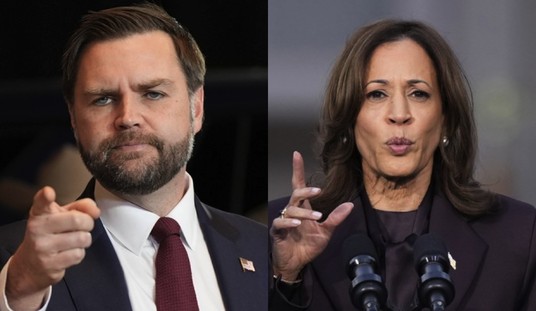Last July, as part of the highway omnibus bill, Congress passed a one-year extension of the 2007 law that reduced interest on government subsidized Stafford loans from 6.8% to 3.4%. The total cost was $6 billion. As we have seen with things like unemployment extension, the new fad in Washington is to temporarily extend market-distorting big government programs, with the full intention of making them permanent by creating artificial “cliffs” through expiration deadlines. The rate cut is set to expire on July 1, setting off another bipartisan pandering fest to outbid each other on inflating an already bloated asset bubble.
In May, the House passed a bill to allow the interest rates on subsidized Stafford student loans to rise with the 10-year Treasury note when the reduced rate is set to expire next month. The bill, H.R. 1911, would require interest rates for all federal student loans to be pegged to the 10-year Treasury note plus 2.5 percent for undergraduate degrees and 4.5 percent for graduate degrees. With current rates hovering around 2.5%, the student loan interest rates would rise modestly to 5%, still well below the 6.8% level that they were offered for many years before the Pelosi Congress cut them in half.
On the Senate side, they were so consumed with passing amnesty that they left no time to deal with the student loan increase. This provides conservatives with a teachable moment to demonstrate why the government should get out of the monopoly over student loans. Instead of debating how to adjust the rate of interest, Republicans should articulate the case for phasing out this unlimited subsidization of higher education.
Since the Department of Education was created, the cost of college tuition has increased over 439% adjusted for inflation! The rate of increase is almost exactly commensurate with the rate of growth of DOE subsidization. Conservatives cannot support continued government intervention in higher education to benefit Big Education cronies at the expense of the rest of us. It distorts the market, over-inflates the utility of college degrees, and creates a gratuitous demand for junk degrees. Ultimately, about a third of student loan recipients don’t even graduate.
So are Republicans utilizing the opportunity of the expiration to roll back big government? Of course not. They are trying to out-left the Democrats on pandering and fueling the bubble. Here is the response from Senator Burr:
“We followed the president’s lead. The president was bold in his budget to go out and say this needs to be tied to market rates. Our subsidies are a little bit different, but the framework of what the president proposed and the legislation we will introduce this morning are in fact the same.”
Other Republicans are expressing astonishment at how Democrats could allow the rates to rise before leaving town. I’m all for scoring political points, but not by using progressive talking points. Rep. John Kline had the right attitude:
“We’re in this predicament because politicians put themselves in charge of setting interest rates, guaranteeing exactly this type of down-to-the-wire uncertainty for students and their families. What we need is a long-term solution that gets Washington out of the business of setting rates altogether.”
Pale pastel pandering will not win us votes.
Cross-posted from Madison Project













Join the conversation as a VIP Member